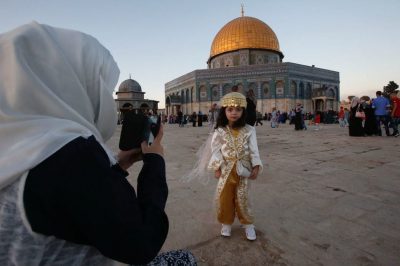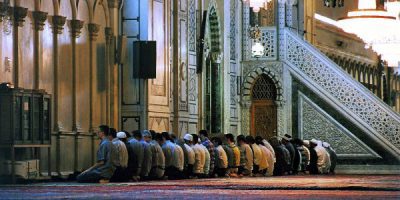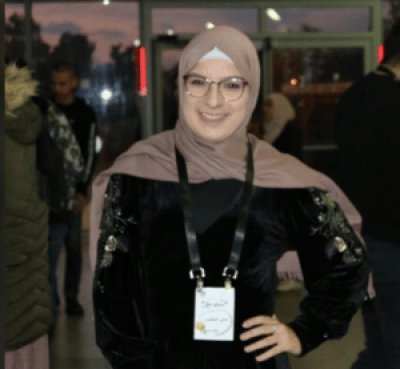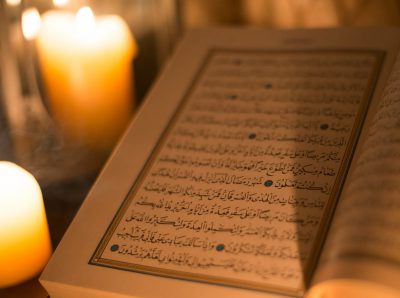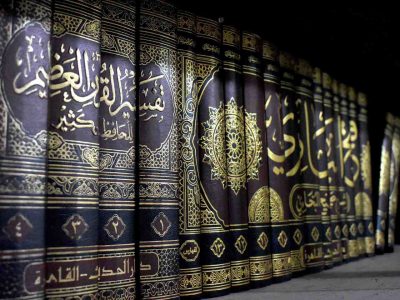In Islam, a Muslim who believes in God Almighty must maintain their prayers because it is the first thing for which a person will be held accountable on the Day of Resurrection. Additionally, prayer is the key to a Muslim’s communication with God in times of distress and happiness. Prayer in Islam brings happiness and comfort to Muslims.
During Muslim prayer, it is a time when Muslims can feel comfort, tranquility, and reassurance. Muslims know that God alone understands them and can solve their problems and difficulties. So, when Muslims pray, they turn to God in their prayer, and their hearts are reassured and they feel comfortable.
Muslims have five prayers a day: Fajr, Dhuhr, Asr, Maghrib, and Isha prayers. When praying, Muslims perform a series of prayer-gestures called a rak’ah. A rak’ah begins with the recitation of Quranic verses, followed by kneeling, and completed with prostration. The Fajr prayer consists of two rak’ahs, and it is recommended to pray the Sunnah with it, which is also two rak’ahs.
There is also the Duha prayer, one of the nafl prayers in Islam, which consists of two rak’ahs. The Dhuhr prayer is four rak’ahs, and it is followed by two sunnah rak’ahs. The Asr prayer is also four rak’ahs without a sunnah. In Islam, there is no other prayer between Asr and Maghrib.
The Maghrib prayer is performed at sunset and consists of three rak’ahs, with two rak’ahs being Sunnah. The Isha prayer is four rak’ahs, with two rak’ahs being Sunnah. Finally, there is the Witr prayer, which can be one or three rak’ahs, and it is also one of the nafl prayers in a Muslim’s life.
Nafl prayers in Islam are indeed voluntary prayers that Muslims can perform in addition to the five obligatory prayers. Nafl prayers are not obligatory, but they are highly recommended to earn extra rewards from god. Salat al-Witr and Salat ad-Duha are examples of nafl prayers. Prophet Muhammad (peace be upon him) recommended the Witr prayer because of the numerous blessings it brings to Muslims who consistently perform it.






